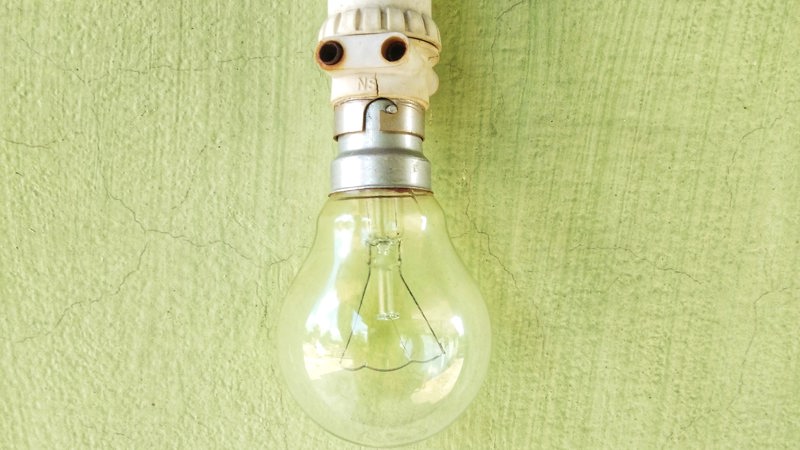
On 30 October, the Commission published the results of its evaluation of a suite of State aid rules adopted mainly between 2012 and 2014, as part of its State aid Modernisation package.
This included a review of the Energy and Environmental Aid Guidelines (EEAG). The EEAG govern the acceptable form and level of subsidies member states can grant to promote common EU energy and climate objectives such as renewable energy, energy efficiency and security of supply.
The EEAG expire at the end of 2021. The Commission will be consulting over the coming year on their reform.
Changes will be required to bring the EEAG into line with wider EU legislation, including the Clean Energy Package approved under the last Commission and the Green Deal package being developed by the current Commission. In its evaluation, the Commission has also raised questions regarding the effectiveness of current system of relief offered to energy-intensive industrial consumers from levies used to finance support for renewable energy. These levies are typically paid in full by other consumers.
Frontier regularly works with a range of clients on State aid issues in the energy sector, from mechanisms to ensure security of supply in the power sector to support mechanisms for low carbon hydrogen and relief from energy-related costs for industrial consumers. We’ve also recently set out thoughts on how the EU energy and climate policy framework (including that for State aid) could adapt to ensure better incentives for low-cost decarbonisation, by ensuring a holistic “whole energy system” approach, including for the structure of levies and network charges faced by consumers.









